Professional Courses
Industry-relevant training in Business, Technology, and Design
Categories
Interactive Games
Fun games to boost memory, math, typing, and English skills
Typing
Memory
Math
English Adventures
Knowledge
CBSE vs. ICSE: A Detailed Comparison for Parents Choosing a Board

Choosing between CBSE and ICSE can feel like a big decision. As a parent, you want to pick a board that fits your child's strengths, learning style, and goals. Whether you're looking for a curriculum that focuses on entrance exam preparation or one that develops creativity and communication, this article helps you understand the CBSE vs ICSE difference. You'll also find useful resources from AllRounder.ai to guide your choice.
CBSE vs ICSE Curriculum and Teaching Style
When comparing CBSE vs ICSE, the curriculum is a key factor. CBSE follows the NCERT syllabus and is known for being structured and straightforward. It's a good fit for students who want a focused path to competitive exams like JEE or NEET.
On the other hand, ICSE has a broader syllabus. It includes in-depth studies in English, History, Geography, Science, and even optional subjects like Home Science or Computer Applications. ICSE encourages project work and creative expression.
AllRounder.ai CBSE courses and AllRounder.ai ICSE courses both provide tailored study materials for each board.
Comparison for Parents Focused on Learning Outcomes
For parents comparing the two boards, it's helpful to look at how each one supports student outcomes. CBSE often suits students who are goal-driven and want to prepare for national entrance exams. The syllabus is tightly linked to what students see in exams.
ICSE leans into detailed subject learning, especially in languages and the arts. If your child enjoys reading, writing, and working on projects, ICSE may be a better fit. ICSE also encourages deeper learning and critical thinking from a young age.
Choosing a Board That Supports Competitive Exams
One of the most important CBSE vs ICSE differences is how well each board supports competitive exams. CBSE is more closely aligned with the syllabus of NEET, JEE, and CUET. Many coaching institutes also use the CBSE syllabus as a base for test prep.
While ICSE provides excellent academic depth, students who want to appear for these exams often need to refer to NCERT books and join extra classes. AllRounder.ai offers competitive exam modules for both boards to fill the gaps.
ICSE vs CBSE Difference in Language Learning
When it comes to English, the ICSE vs CBSE difference is clear. ICSE puts a heavy focus on grammar, literature, and composition. Students become strong writers and communicators, which helps if they're considering studying abroad later.
CBSE also includes English as a core subject, but the level of detail and focus is lighter. To build strong communication skills, CBSE students may need additional reading and writing practice.
On AllRounder.ai, you'll find grammar tools, comprehension quizzes, and writing support that work for both boards.
ICSE or CBSE Advantages in Skill Development
If your child loves hands-on learning, ICSE has an edge. The board offers subjects like Fashion Designing, Technical Drawing, and Performing Arts. Internal assessments and projects play a major role. These experiences build confidence and creativity.
CBSE is adding vocational courses under NEP 2020, but ICSE remains ahead in offering diverse electives. Whether you're on CBSE or ICSE, you can use AllRounder.ai’s educational games and project planner tools to keep learning fun.
Internal Assessments and Exam Format in CBSE vs ICSE
In CBSE, students are assessed through both internal tests and final exams. Internal assessments carry 20% of the marks and usually include notebooks, activities, and periodic tests. Final exams follow a structured question format with MCQs and short answers.
ICSE uses a similar 80:20 split, but internal assessments often include major projects and practical work. Some subjects may even have up to 50% internal marks. These assessments encourage time management and presentation skills.
You can find assessment-ready practice tools for both boards on AllRounder.ai.
CBSE Question Paper Pattern and ICSE Exam Style
CBSE question papers are designed to test concepts, not just memory. You'll find multiple-choice questions, short and long answers, and even case-based problems. Students must work fast and think clearly.
ICSE exams focus more on detailed writing. Students need to explain their answers with reasoning and examples. Map skills in geography and long-form essays in literature are common.
AllRounder.ai offers question banks and full-length mock exams that mirror each board’s paper style.
Affordable ICSE Schools vs CBSE School Options
When comparing school fees, CBSE schools tend to be more affordable. They're often supported by government policies and follow a simpler fee structure.
ICSE school fees may be higher because of extra subjects, project costs, and richer infrastructure. However, many parents feel the investment is worth it because of the in-depth learning and stronger English instruction.
You can explore financial planning tools and compare board support on AllRounder.ai to find what fits your budget.
Global Recognition and Higher Education Opportunities
Both CBSE and ICSE are recognized internationally, but in different ways. CBSE is widely accepted in India and also by many foreign universities. Its focus on science and math makes it suitable for engineering or medical aspirants.
ICSE is often seen as more aligned with international standards in English-speaking countries. Its strong language base helps students applying to colleges in the UK, USA, or Canada. AllRounder.ai also supports IB courses for those thinking of global pathways.
How to Support Your Child’s Transition Between Boards
Some students shift from ICSE to CBSE in Class 11 for easier access to coaching and entrance exam prep. The transition is possible but may take time. Students must adjust to NCERT-based learning and a new question pattern.
AllRounder.ai provides tools and study bridges for this transition. Whether you're moving from ICSE to CBSE or the other way, you’ll find content to help with the change.
Parent Feedback on ICSE and CBSE
Many parents who choose CBSE appreciate the clarity of the syllabus and its focus on exams. They like that the board aligns with competitive goals.
Parents who prefer ICSE often value creativity, in-depth knowledge, and strong English. They find the board fits kids who enjoy project work and expressive learning.
On AllRounder.ai, you can read testimonials from both sets of parents and explore community forums.
Final Thoughts on Choosing a Board
There’s no one-size-fits-all answer when deciding between CBSE and ICSE. It depends on your child’s interests, strengths, and future plans.
If your child is goal-oriented and aiming for a science or commerce career, CBSE is a good choice. If they enjoy literature, languages, arts, and want broad exposure, ICSE may be better.
For help with both boards, AllRounder.ai offers CBSE and ICSE courses, mock tests, games, and study planners. You can also check specific grade level content like Class 9 or Class 10 for focused support.
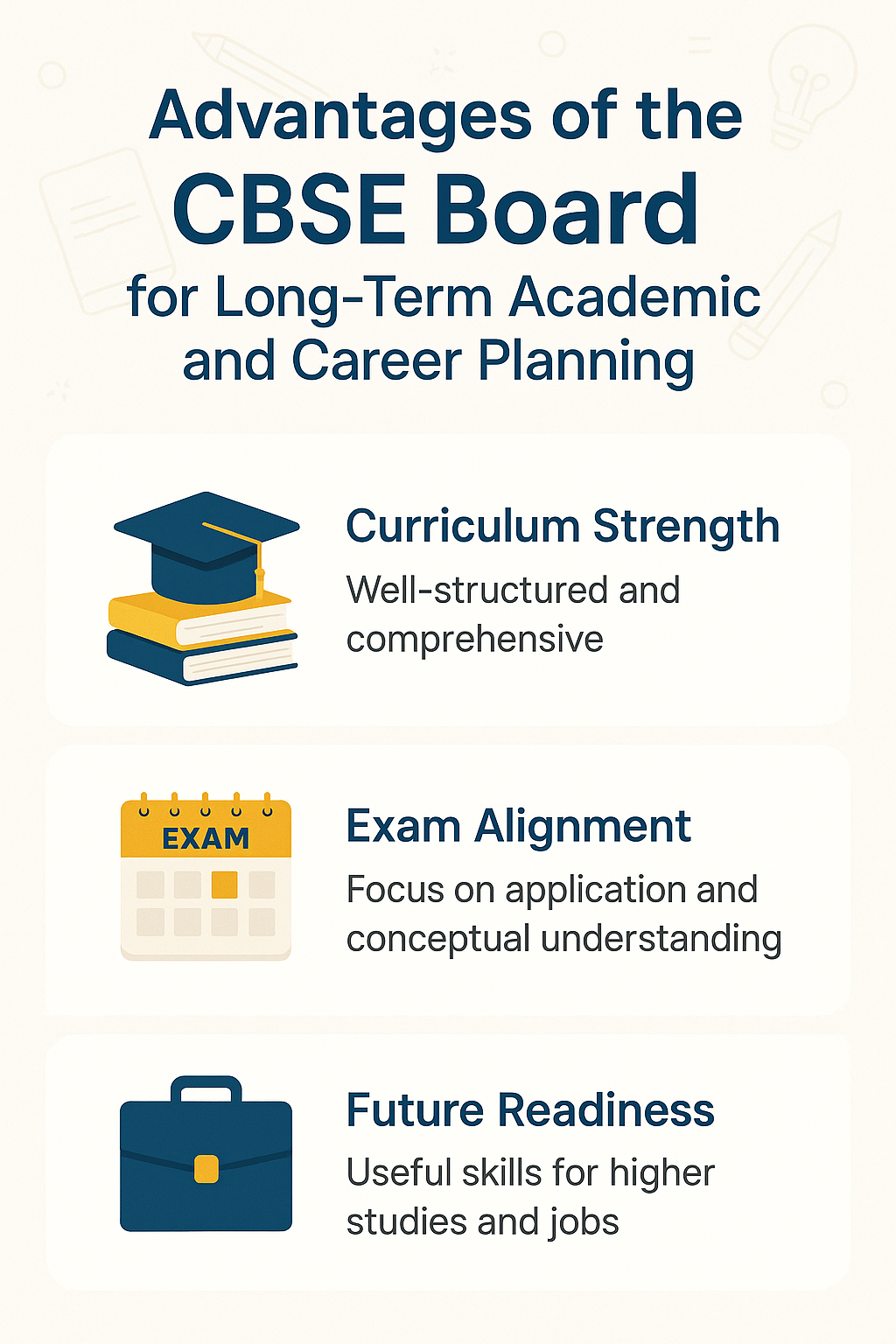
Discover the advantages of the CBSE board for long-term academic and career planning, including curriculum strength,...
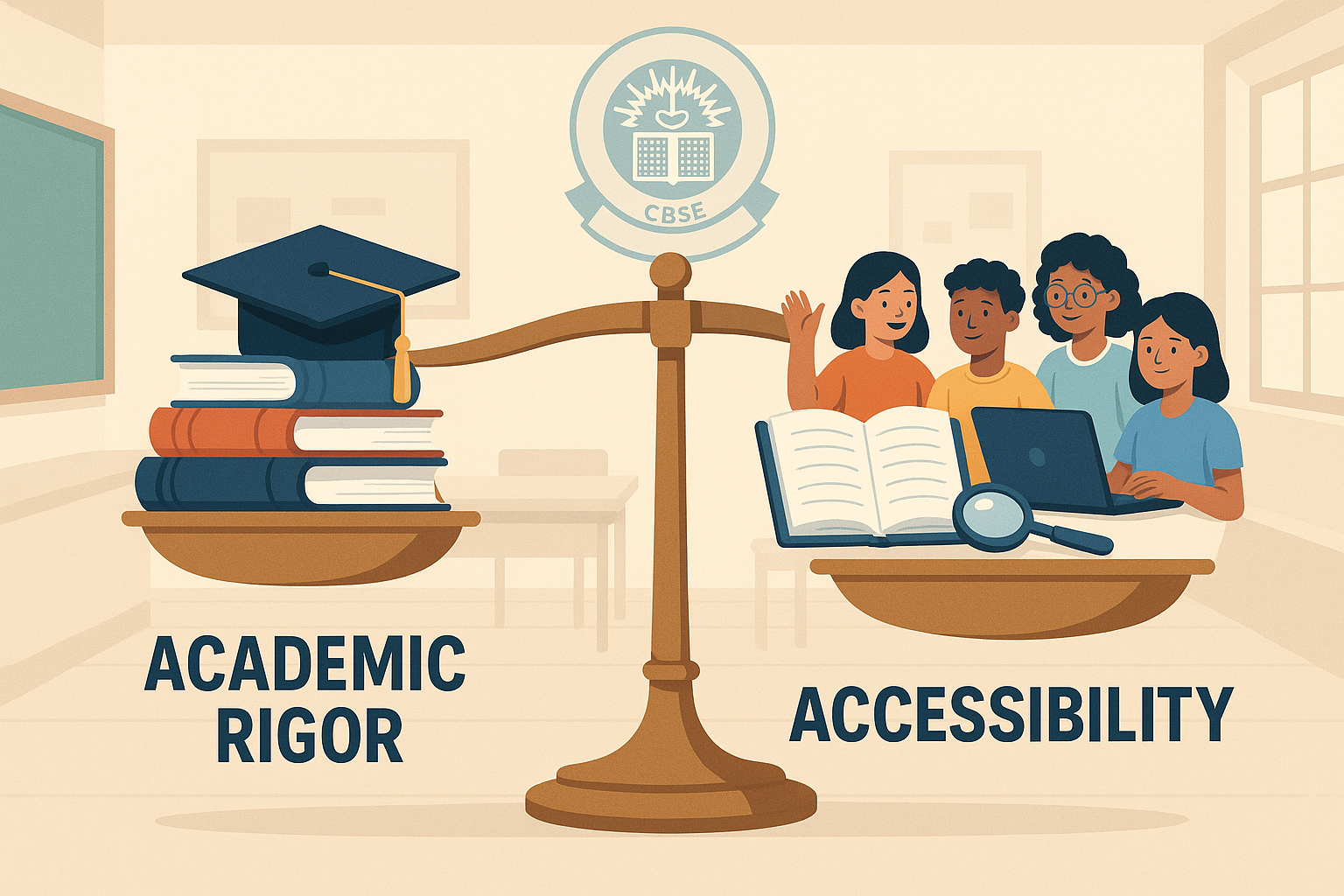
Explore how the CBSE board balances academic rigor and accessibility through its curriculum, syllabus, exams, and...
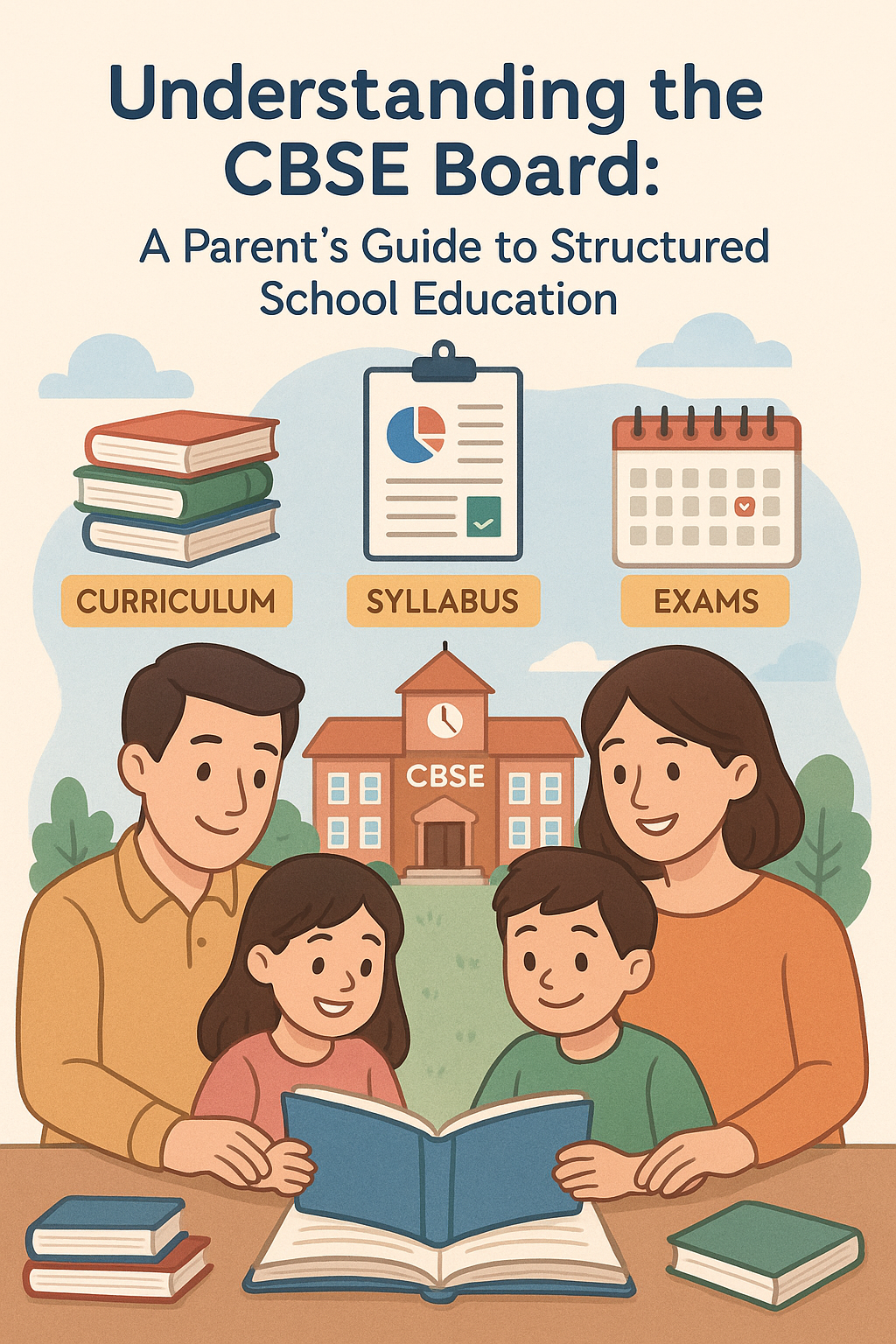
A complete parent’s guide to understanding the CBSE board, its curriculum, syllabus, advantages, exam structure, and...
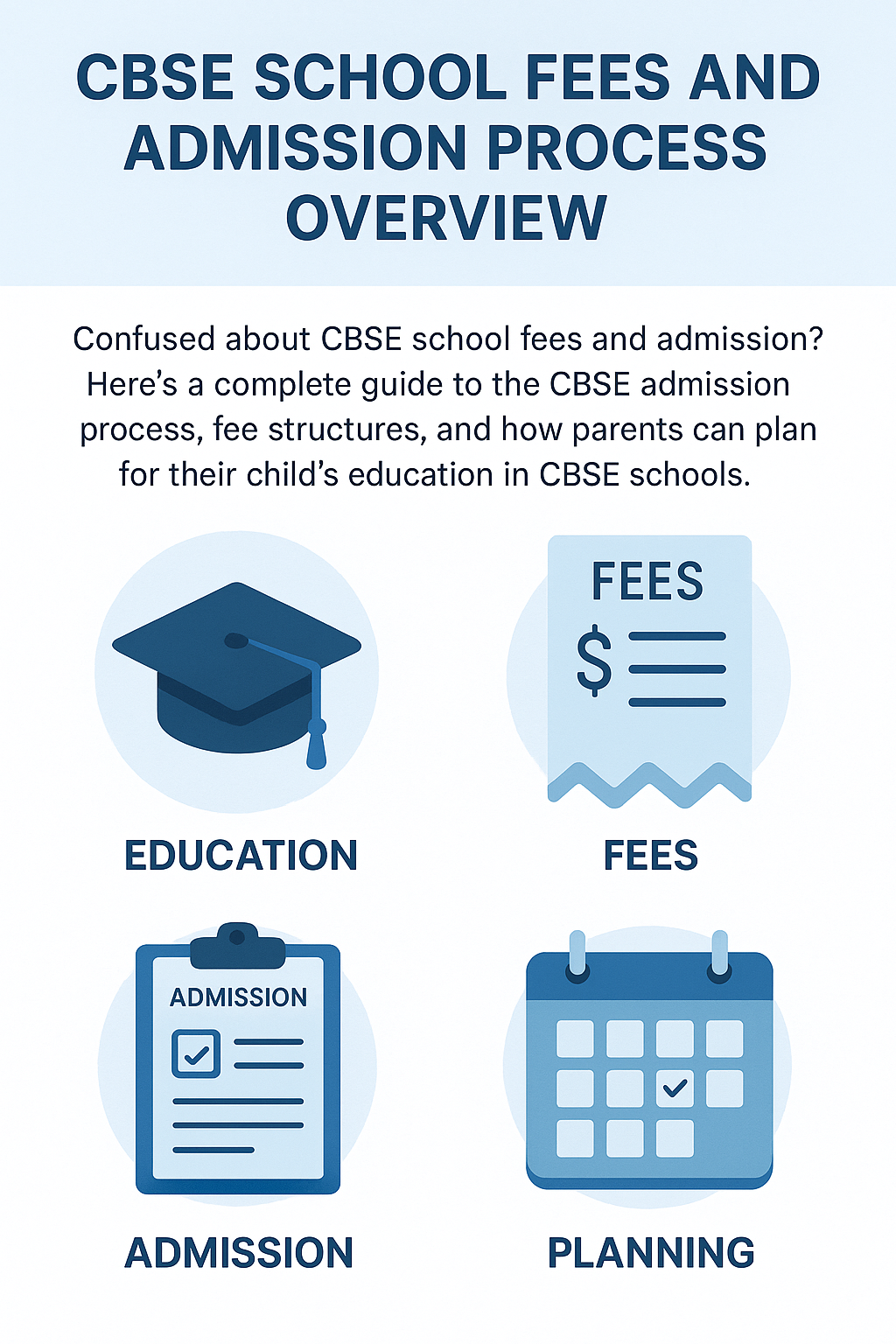
Confused about CBSE school fees and admission? Here’s a complete guide to the CBSE admission process, fee...
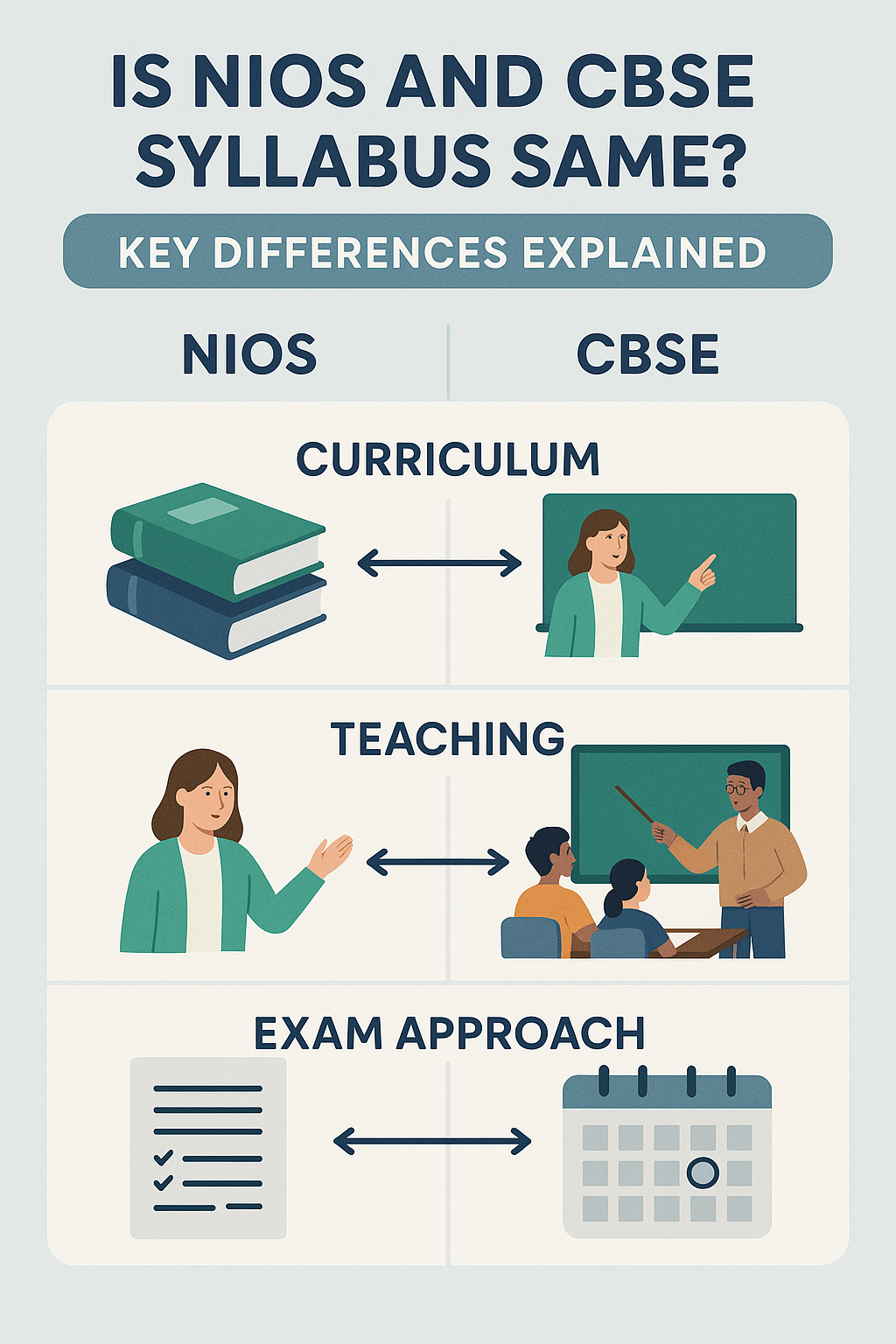
Is NIOS and CBSE syllabus same? Discover the key differences in curriculum, teaching, and exam approach. Learn how...

CBSE Holiday List 2025: Explore the official school calendar, national & regional holidays, summer & winter...
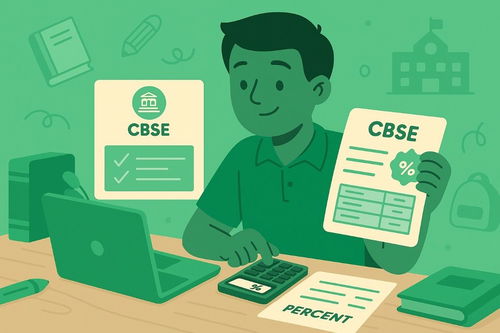
Learn how to calculate your CBSE 12th percentage from your marksheet using the official formula with a simple...

Confused about RT, COMP, and ER on your CBSE marksheet? Learn their meanings, reasons, and what steps you should...
Learn everything about the CTET exam for aspiring CBSE school teachers, including eligibility, syllabus, preparation...

Looking to apply for the CBSE Single Girl Child Scholarship Scheme? Learn eligibility, documents, application steps,...

Discover everything parents and students need to know about the CBSE Class 9 registration process, including...

Learn everything about the CBSE private candidate application process and rules. Understand eligibility,...

Confused about the CBSE answer key? This guide explains how to access it, interpret it, and use it to analyse your...

Confused about how CBSE re-evaluation or re-checking works? This guide explains eligibility, steps, fees, deadlines,...

Discover how to use the CBSE Academics website to access important resources like curriculum, sample papers, and...
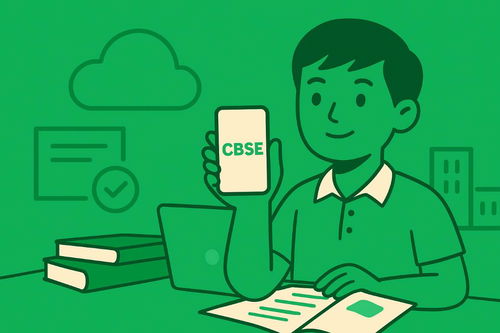
Learn how to easily access your CBSE marksheets and certificates using DigiLocker. This step-by-step guide helps...
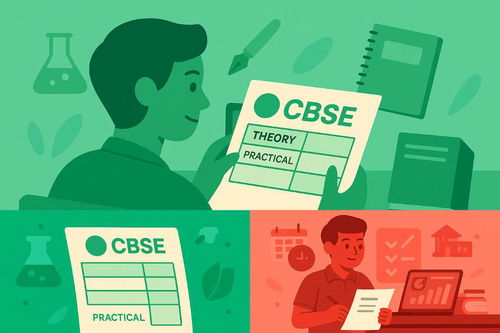
Confused about CBSE passing marks for theory and practical exams? This guide explains the minimum marks needed to...

Learn how the CBSE Open Book Exam will be implemented for Class 9 and Class 11 students. Understand the benefits,...
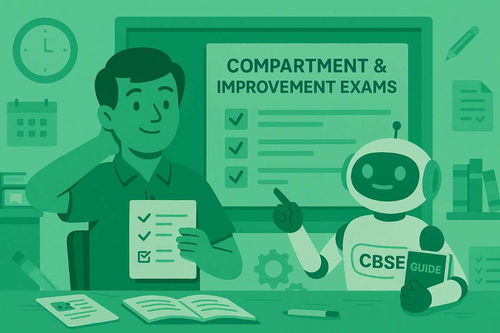
Confused about the CBSE compartment and improvement exam process? This complete guide explains eligibility, how to...
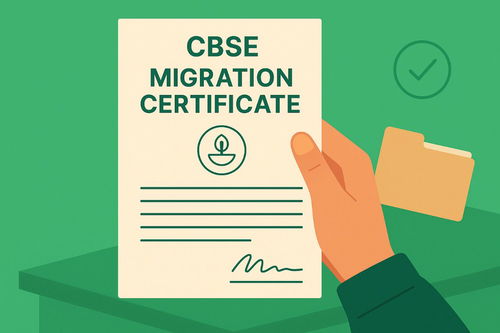
Learn how to obtain your CBSE Migration Certificate after Class 10 or Class 12. This detailed guide walks you...

Confused about your CBSE Admit Card? This easy step-by-step guide explains how to download it, what details to...

Discover what CBSE competency-based questions are and learn how to answer them expertly to you ace your exams.

Boost your Class 10 CBSE board prep with sample papers. Learn how to revise smartly, manage time, and score higher...

Learn how to score high in the CBSE curriculum with a subject-by-subject guide, expert tips, and AllRounder.ai tools...

Compare CBSE vs ICSE to choose the best board for your child. Understand syllabus, teaching style, exam prep, fees, and more.

Understand the latest CBSE marking scheme and question paper pattern. Learn about competency-based questions,...

Want to score above 95% in your CBSE Class 10 boards? Our strategy guide breaks down topper study plans to revision...

Compare CBSE vs ICSE to find the best board for NEET and JEE preparation. Understand syllabus match, exam formats,...

Treat your CBSE Class 12 exams using an athlete's approach to help you train, strategize, and perform your best on exam day.

Get ready for your CBSE Class 10 board exams with our survival kit. Find the official syllabus, a smart study...

Learn how to verify CBSE marksheets, certificates, and results online. Step-by-step guide for students and parents...

Master CBSE with top-rated tools, study planners, and expert online help. Perfect guide for Class 9–12 students...

Learn about CBSE – its full form, history, objectives, and structure. Get insights into CBSE’s role in Indian education.
Resources
-
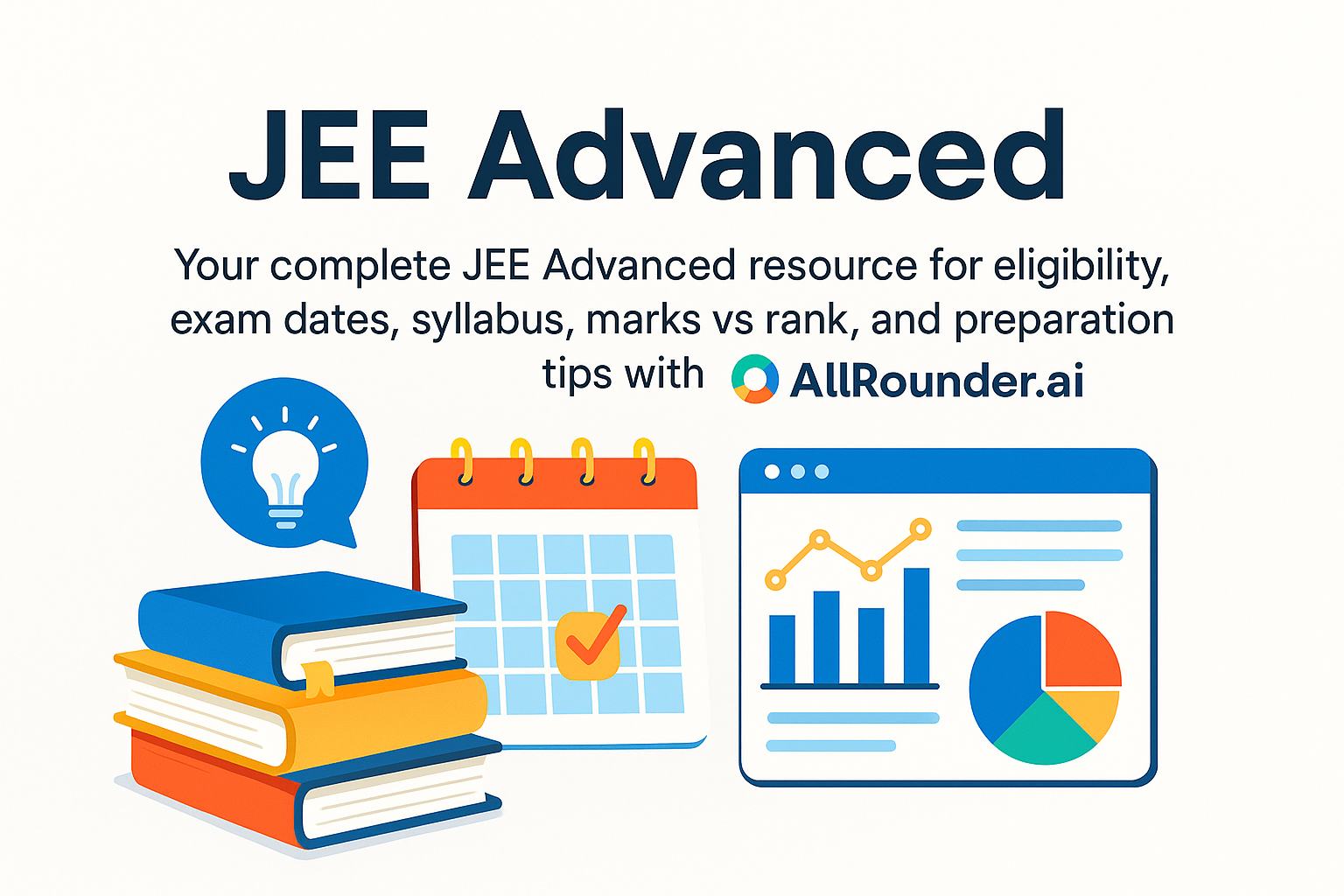
Your complete JEE Advanced resource for eligibility, exam dates, syllabus, marks vs rank, and...
-
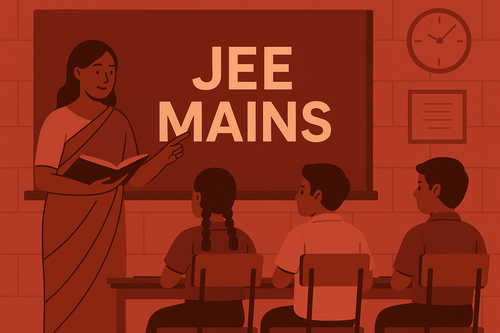
Understand the entire JEE Main process, from application and eligibility rules to the exam...
-

Explore the IB Board – a global curriculum emphasizing holistic, student-centered learning...
-

Learn about CBSE – India’s national school board offering a standardized curriculum, NCERT...
-

Explore everything about the ICSE board – its curriculum, subjects, exam format, and academic...
